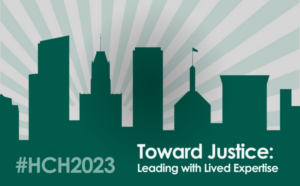A health plan developed programs to serve as an integrated safety net for older adults experiencing housing insecurity. The program included interventions to address whole- person care, what matters to the member, and the root causes of housing insecurity — social needs, economic hardship, interpersonal concerns, and health conditions within the healthcare system. This includes housing navigation, retention, and upstream homelessness prevention (allowing older adults to remain safely housed or get re-housed in safe and accessible dwellings).
A two-year retrospective study (2020-2021) was completed for 71 housing insecure members who completed the intervention. Post-intervention, the team helped 83% of members get re-housed or prevent homelessness and connected all members with housing programs by performing a constellation of interventions to ensure members did not need to choose between rent and other necessities. Implications and findings demonstrate that older adults need personalized one-on-one assistance to navigate the housing support system and that it’s critical to address older adults’ medical needs to help members stay housed. For example, many members identified as homeless due to interpersonal issues often had untreated cognitive decline/behavioral concerns that benefited from medical treatment. Accordingly, the team was able to connect 95% of members to their healthcare team for appropriate care, including specialties, behavioral and mental health, pain management, vision and dental.
This initiative has evolved with the state’s Medicaid efforts to provide community supports through partnering and contracting with vendors and has housed and prevented homeless for 58 members in 2022 YTD.
Speakers: Rosaneli Loza: Manager, Connecting Provider to Home, SCAN Health Plan; Aiko Tan: SCAN Health Plan; Michael Jordan: Healthcare in Action
Session Materials:


